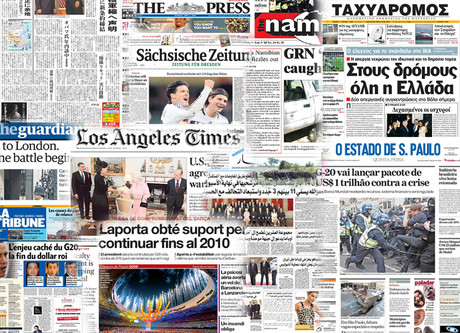Paula Fray explained that news consumption patterns had changed a great deal, especially with the advent of the Internet, mobile phones and social media, such that it was now imperative that stories are told differently and in an inspiring manner taking into account the changing media landscape.
If you want to have an impact to society, she told the participants, you need to learn to tell stories about women and children differently, not just telling the same old stories in the same old way.
“We started the programme with the trends in the media and went through, management and leadership training and we are now back where we started to see how those skills could help change what stories are told and how they are told. We have come full cycle,” said Paula Fray.
She said that while the conditions for practicing journalism in Somalia were very unique, there were a lot of similarities with other parts of Africa. The day to day challenges that women face in the media in Somalia are very similar to those faced by women in the media elsewhere.
This is what calls for the need for women to add value in the media houses they work in by exploring new ways of telling stories and beginning to tell the untold stories and thereby impacting society.
Commenting on the character of group, Paula Fray had this to say: “This group was unique. It is extremely hungry to learn. Despite the language barrier, there was rigorous discussion, healthy debate and great exchange of ideas.”
During the third and final training gathering that concluded the programme, the participants were introduced to marketing and finance for non-finance managers in order to give them an appreciation of the business side of the media and the role they could play.
Guest lecturers, Light Juma, and Jane Godia from Kenya highlighted to the participants the need to master social media and the need to be gender aware respectively. The two presentations created a lot of interest and debate among the participants as they touched on their everyday experiences.
The group of 12 women journalists was the very first from Somalia to undergo the WAN-IFRA WIN programme, which is now operating in 12 African countries and parts of the Middle East with the joint support from the Swedish International Development Agency (SIDA) and the Norwegian Ministry of Foreign Affairs (NMFA).
Wherever the programme has been run, the impact has been felt as participants have reported better confidence, a higher desire to succeed and willingness to take on new challenges. And this has been confirmed even by their superiors.





